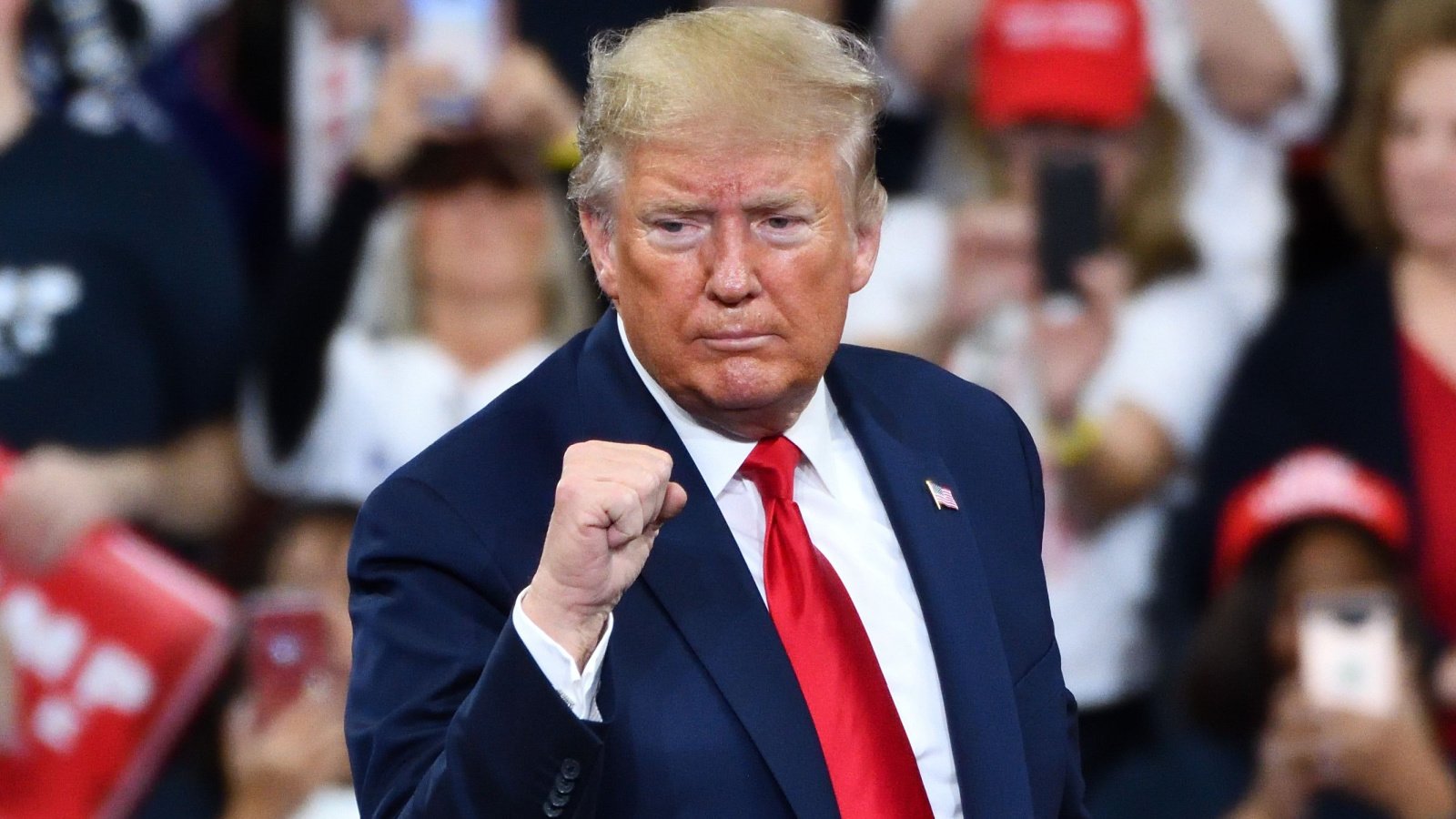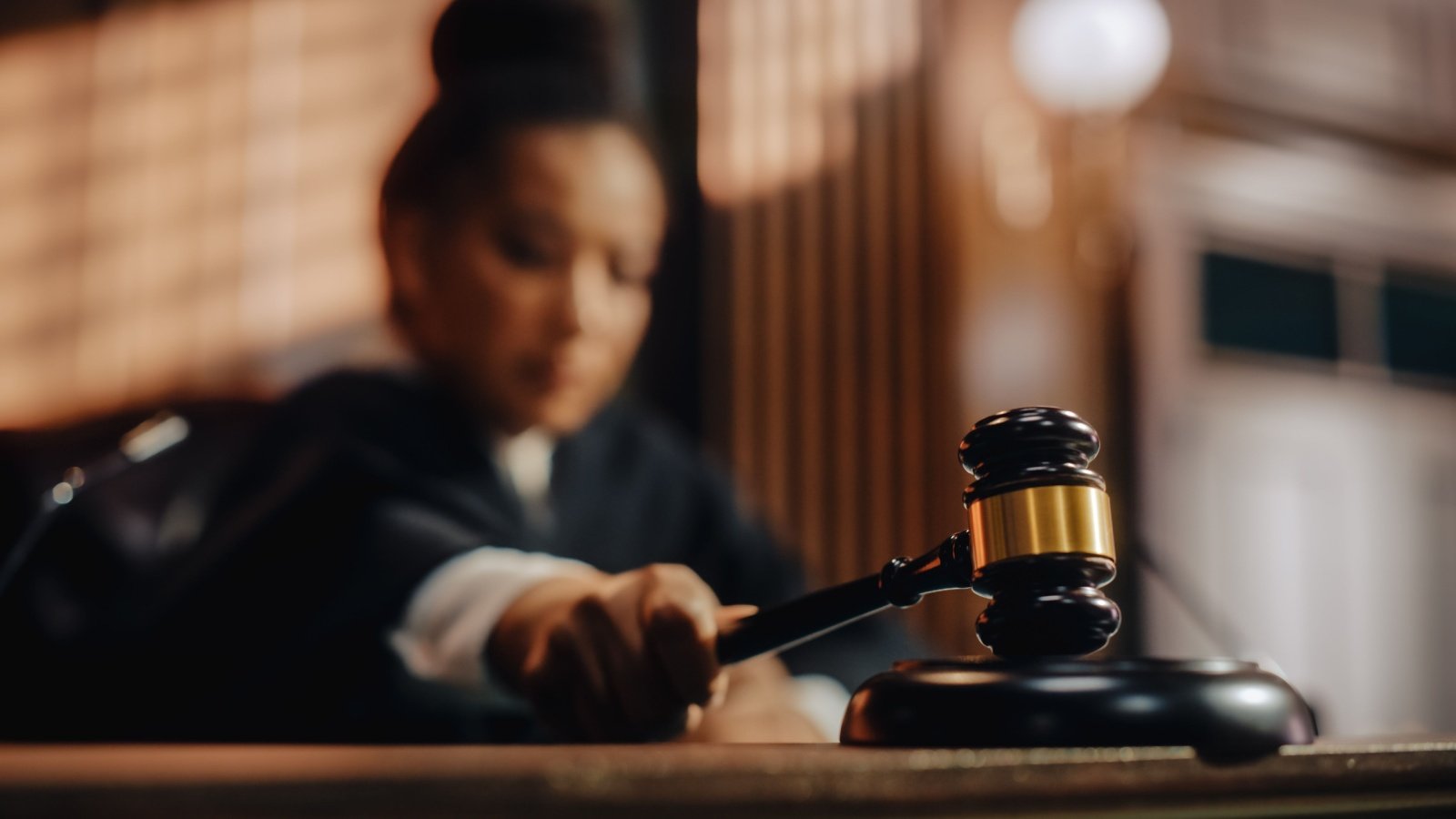Former President Donald Trump celebrated a huge victory this week as U.S. District Judge Aileen Cannon dismissed his Florida classified documents criminal case. Without ruling on the merits of the charges, Cannon dismissed the case because she found the appointment of special counsel Jack Smith unlawful as it did not receive Congressional approval.
Indictment and Defense Arguments

Federal prosecutors led by special counsel Jack Smith indicted Trump on dozens of felony counts for mishandling and hiding classified documents at Mar-a-Lago and then obstructing the FBI in their investigation.
The Most Damning Case
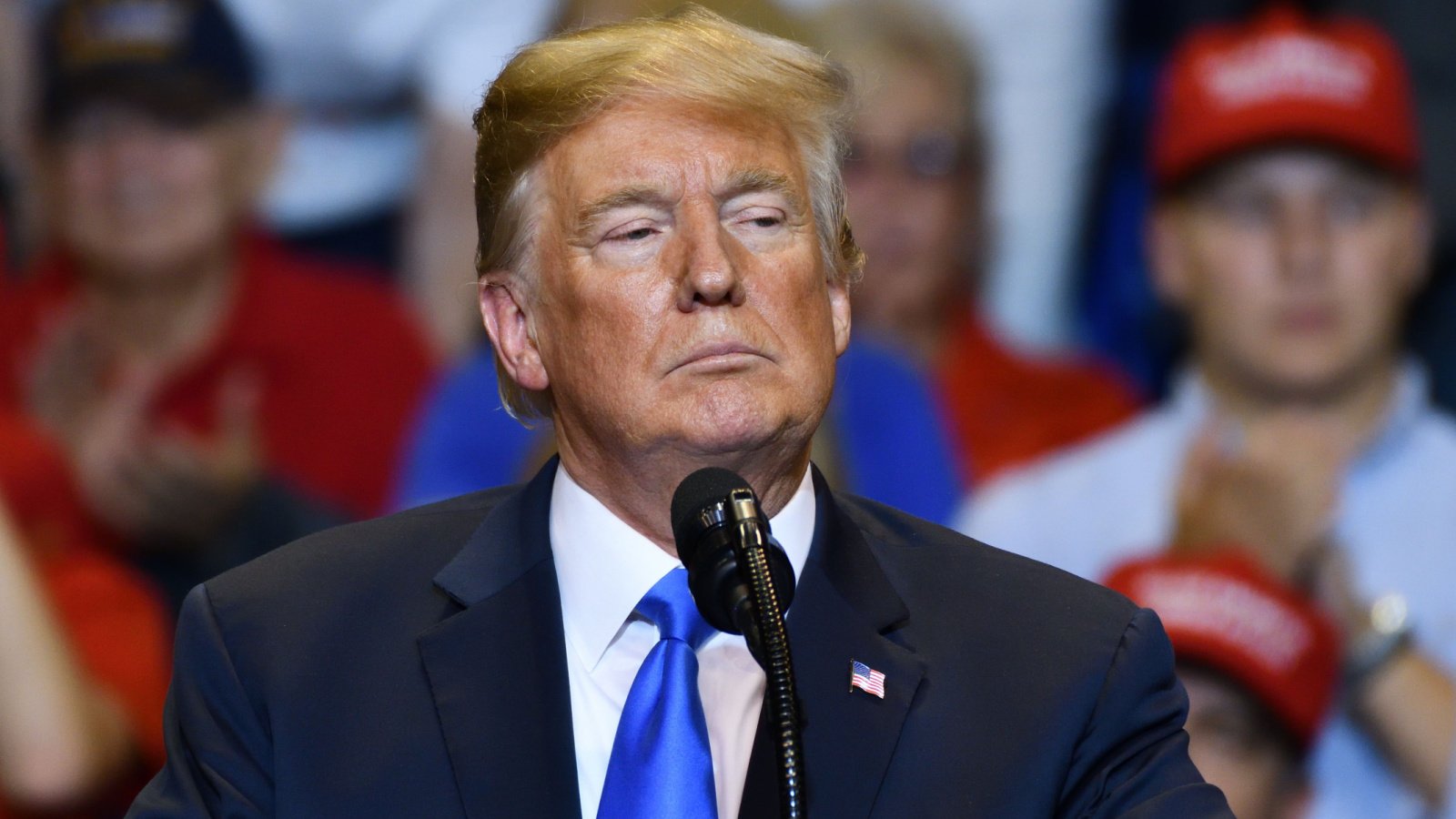
At the time the case was filed by Smith, the Florida documents case was considered the most damning for Trump due to the extensive evidence as well as the post-Administration time frame of the events in question.
Abrupt and Decisive Dismissal
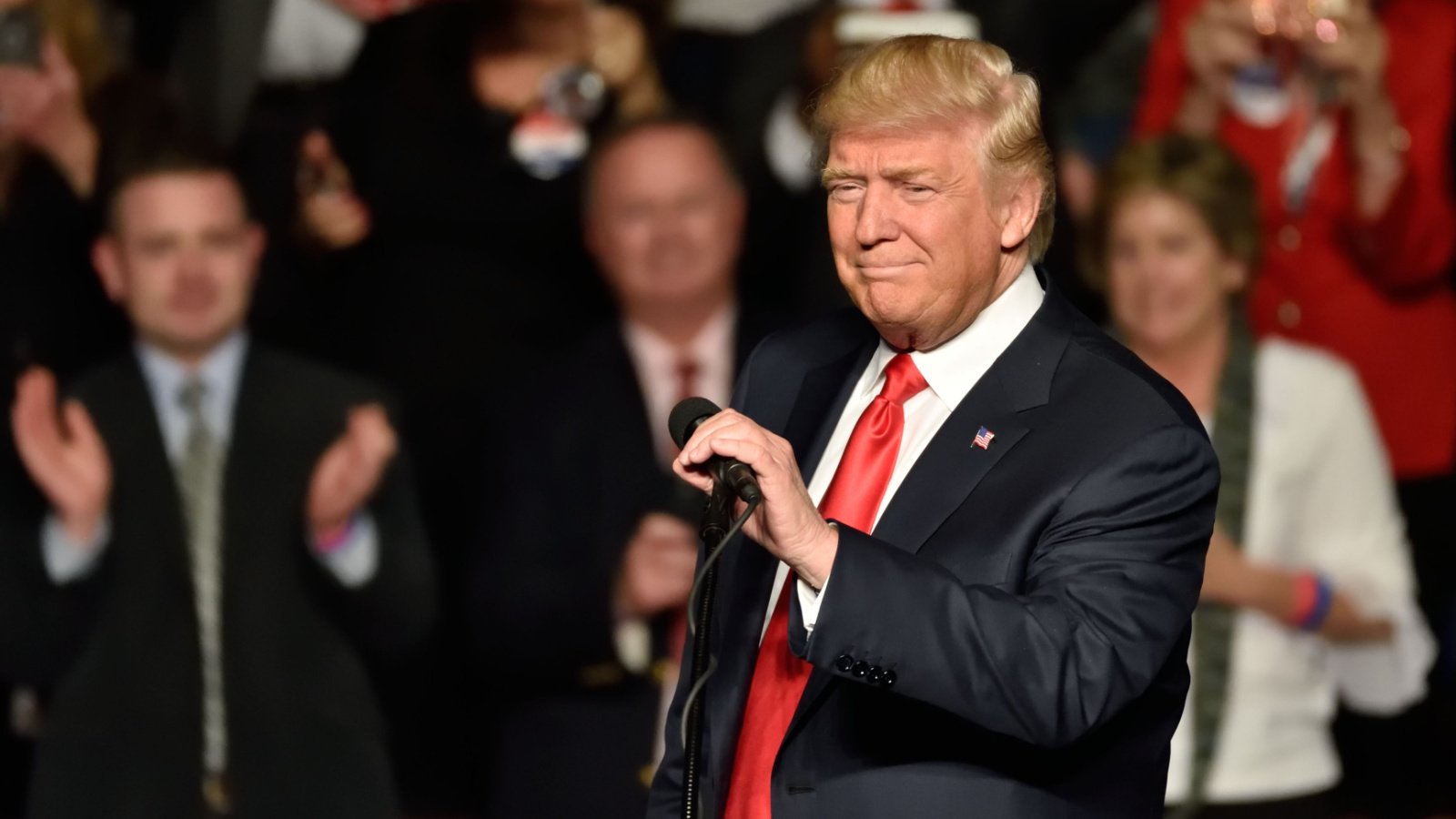
After months of stalled argument and deliberation, Judge Cannon’s swift dismissal is abrupt and decisive. Cannon’s decision, revealed in a 93 page order, will likely be appealed to a higher court, which can reopen the case for further consideration.
Defense Legal Arguments on Technicalities of Smith’s Appointment as Special Counsel
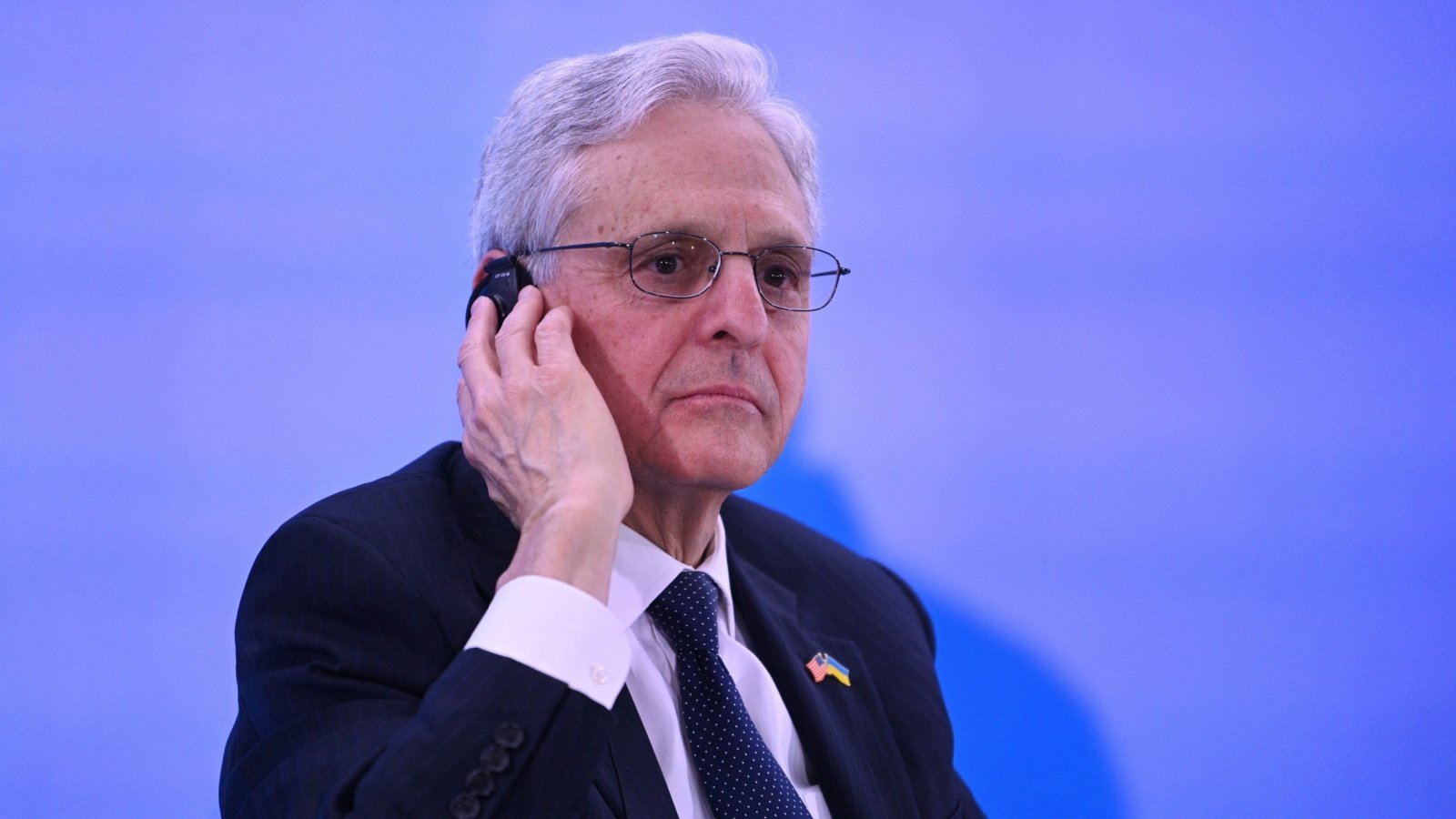
Trump’s defense team made several legal arguments about the underpinning of the case, such as the appointment of special counsel Jack Smith.
Trump’s defense lawyers’ winning argument was that Jack Smith was illegally appointed to special counsel because he was appointed by Attorney General Merrick Garland rather than being confirmed by Congress, which is required by the Constitution’s Appointments Clause.
Judge Cannon’s Agreement
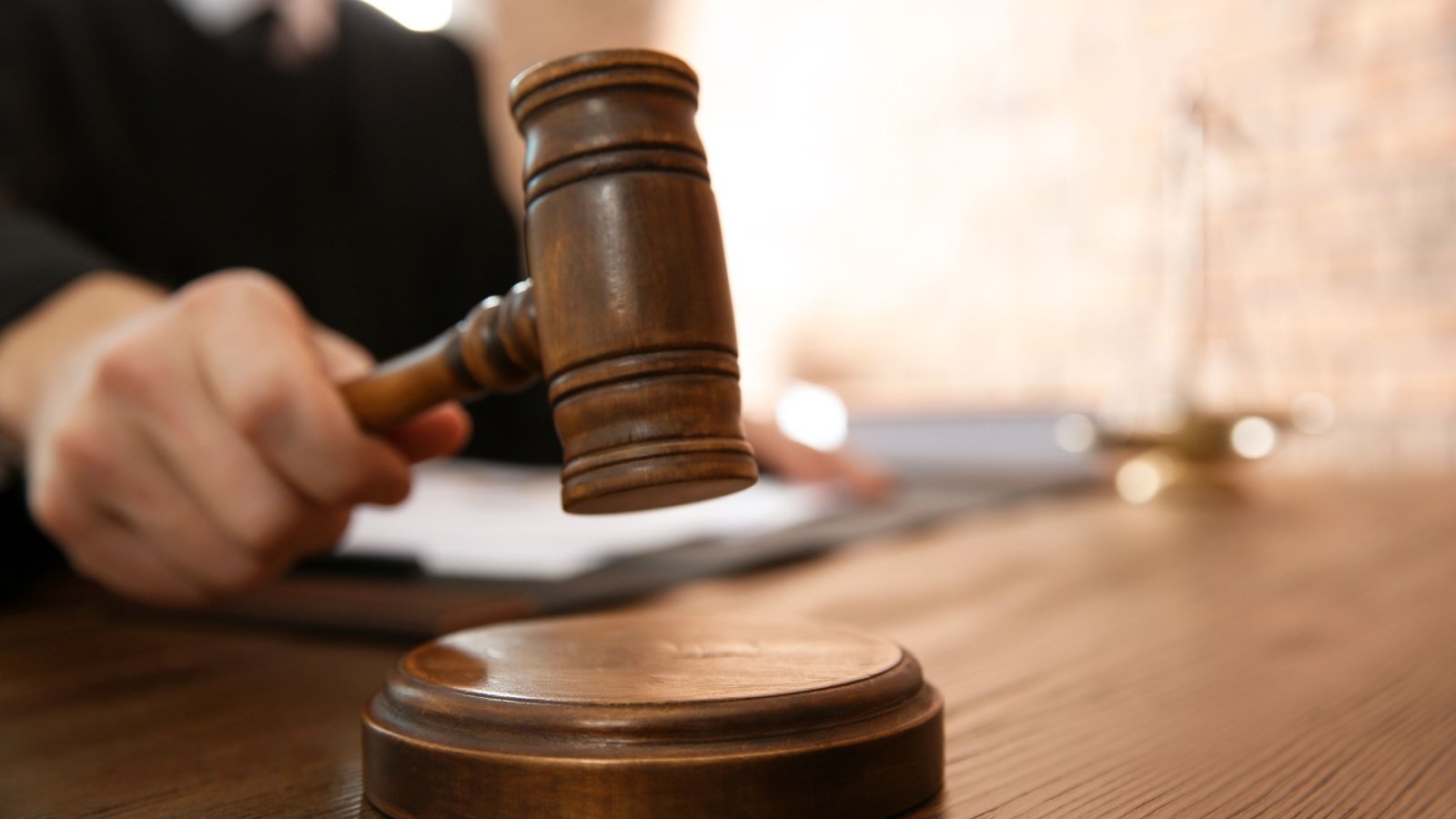
Cannon agreed with this argument, stating in her 93-page order, “The Special Counsel’s position effectively usurps that important legislative authority [Congressional approval], transferring it to a Head of Department, and in the process threatening the structural liberty inherent in the separation of powers.”
She continued, “If the political branches wish to grant the Attorney General power to appoint Special Counsel Smith to investigate and prosecute this action with the full powers of a United States Attorney, there is a valid means by which to do so.”
Criticism of Cannon’s Pattern

Cannon has drawn criticism for her pattern of actions that benefit the President, whether or not the criticism is fair, as the decisions were all on intensely disputed legal questions. For example, Cannon appointed an independent party to inspect the classified documents in question, an order overturned by a federal appeals panel.
She has also considered arguments raised by the defense, which critics say should have been dismissed without further hearing. She also delayed the trial indefinitely in May due to myriad legal complexities, specifically relating to the classified status of documents.
Prosecution’s Dispute
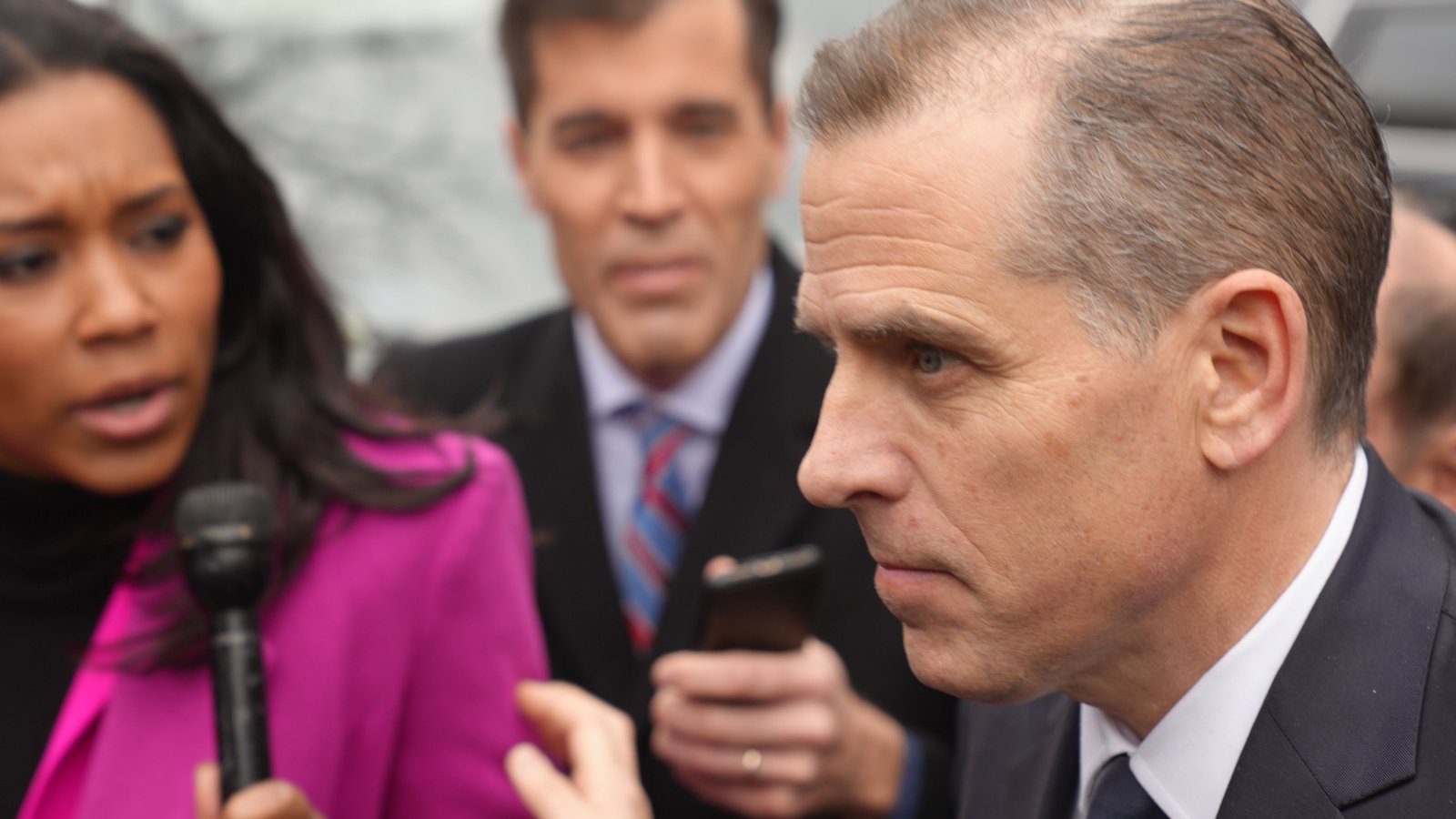
Smith’s prosecution team disputed this argument, claiming that the DOJ has the authority to create and fund an office of special counsel. They further argued that even if Cannon favored the defense on this issue, dismissing the case would not be the proper next step.
According to prosecutors, other judges had also rejected similar claims of wrongful appointment of special counsels in different cases. For example, a District of Columbia judge upheld the DOJ’s appointment of special counsel Robert Mueller in 2016. Earlier this year, Trump-appointed judges dismissed similar arguments in federal cases against Hunter Biden.
Supreme Court’s Influence

In the Supreme Court decision announced earlier this month, Justice Clarence Thomas suggested in his concurring opinion that Smith’s appointment may not be legal, positing it as “another way in which this prosecution may violate our constitutional structure.”
He further suggested that the appropriate lower courts should consider whether the special counsel’s office had been “established by law.” Cannon referenced the concurring opinion by Justice Clarence Thomas several times in her 93-page order.
Conclusion of Cannon’s Order
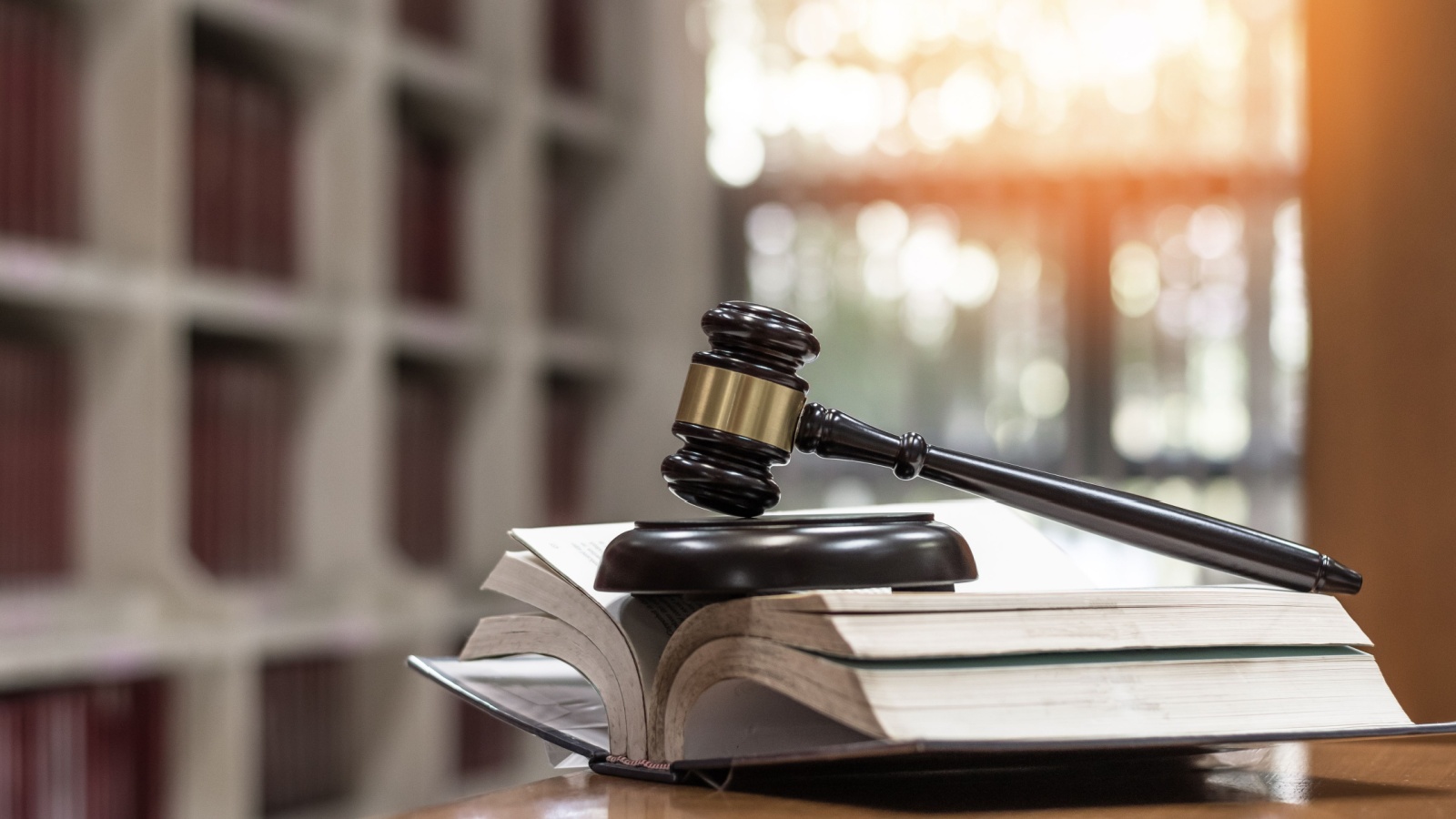
She wrote, “Both the Appointments and Appropriations challenges as framed in the Motion raise the following threshold question: is there a statute in the United States Code that authorizes the appointment of Special Counsel Smith to conduct this prosecution? After careful study of this seminal issue, the answer is no.”
Trump’s Response

Following Cannon’s dismissal, Trump wrote on X that all three other cases, which he calls “Witch Hunts,” should be dismissed.
Turning Tides in Other Trials
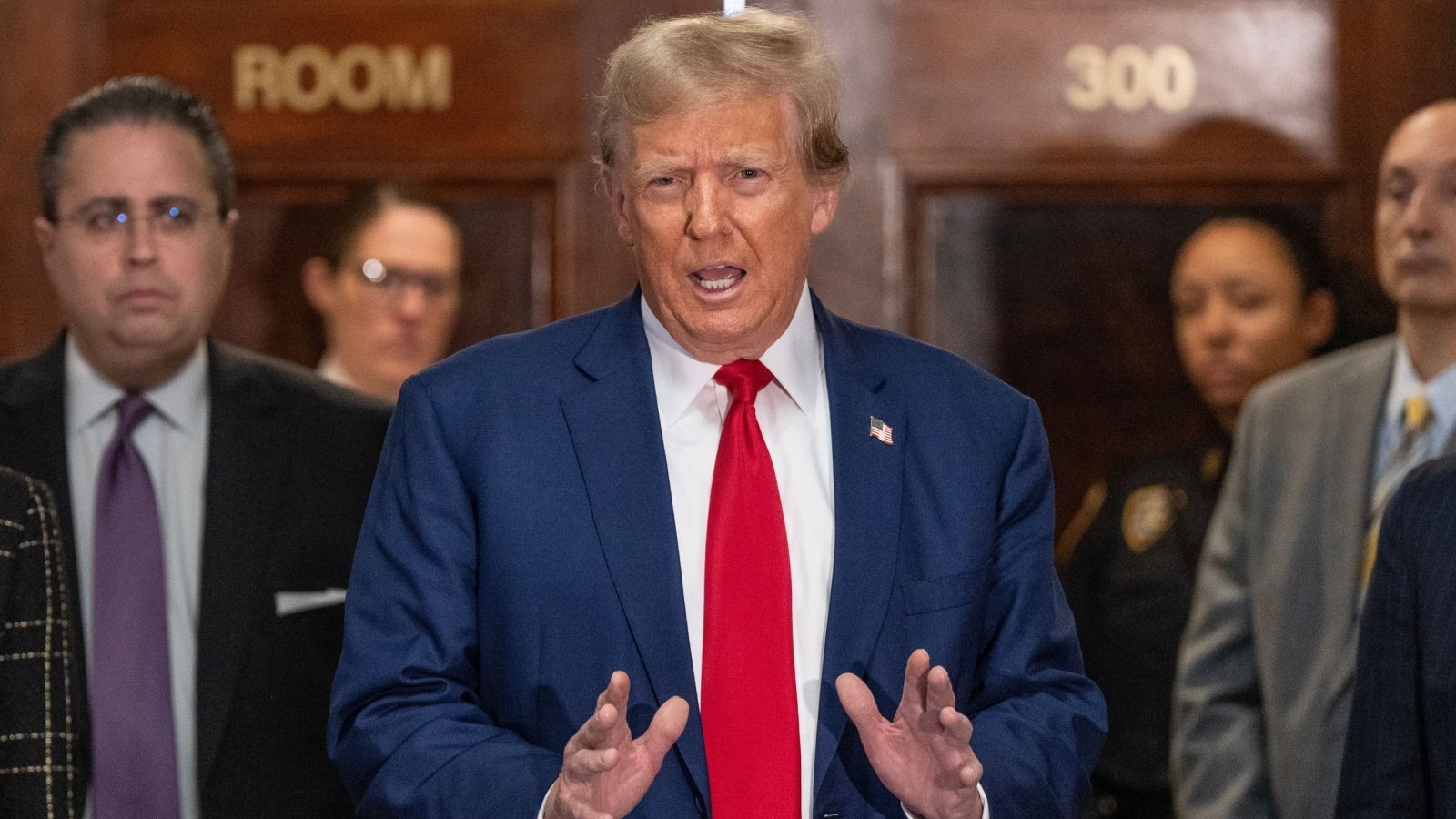
The three other criminal trials in which Trump is a defendant have also recently taken a turn to benefit Trump or at least his Presidential campaign prospects.
For example, in addition to this outright dismissal, the sentencing for his conviction in the New York hush money trial has been delayed into the distant future as the courts work out the legal consequences of the newest Supreme Court ruling granting broad immunity protection for former Presidents covering their official duties.
Delays Due to Supreme Court Ruling
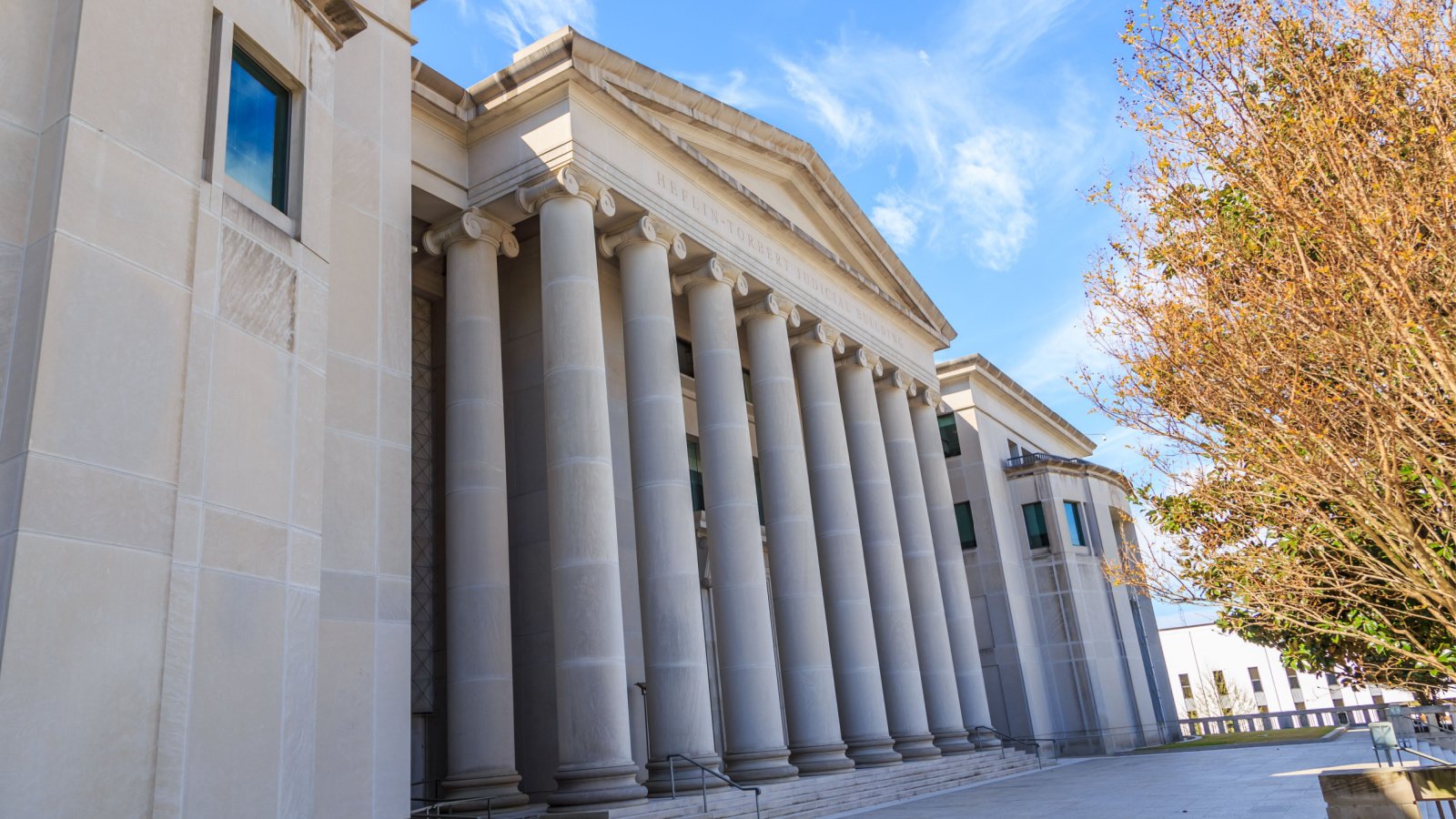
The Supreme Court immunity case is also causing extensive delays in the two other election subversion criminal cases. The new immunity decision will heavily influence these cases, as actions occurring within the timeframe of Trump’s tenure included the entire time from November through mid-January 2021, including January 6.
Issues in the Atlanta Case

The Atlanta case also faced significant delay due to the question of the district attorney’s qualification to prosecute the case in light of her relationship with a special prosecutor.



